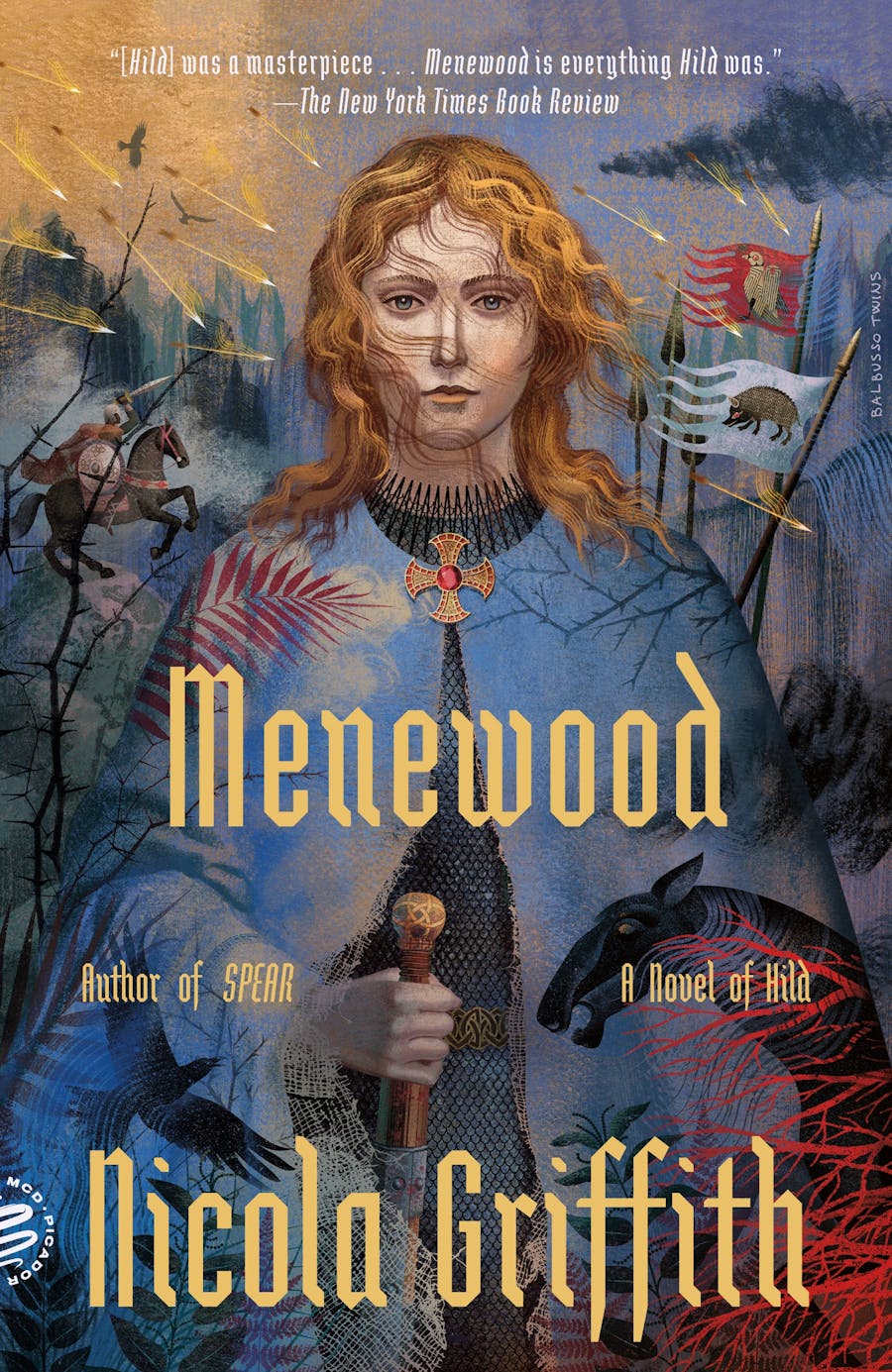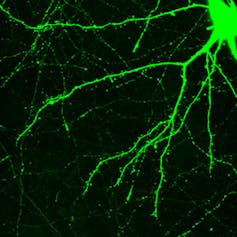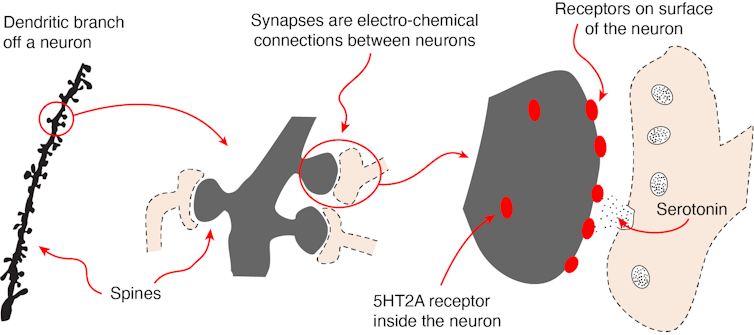Today’s post was going to be short and simple because today I feel very short and rather simple. Except it’s my least favourite topic and it’s the topic that governs so much of our everyday. So it’s long and complicated.
Because I often encounter prejudice, I have ways of measuring how far it extends so that I can avoid problems and problem people when there are no solutions. I don’t walk away from anything lightly, but I need ways to assess if an event of group has become unsafe for me or if I’ve become so much a second-class citizen that I cannot be certain my voice will be heard when a problem arises. I have walked away from something just this week, which is why this post is so very personal.
These are some of the things I use to look for incoming problems and for current problems. Every one of them relates to experiences from the last month or ongoing issues. They don’t work for extreme prejudice ie I had no way of predicting the Molotov cocktails that were thrown at a building I was in or hate mail I received. I cannot gently walk away before bad things happen. It’s not a complete list in any way. In fact, it’s simply the tools I’ve had to use this last week.
1. Red flags.
Indications that someone doesn’t see things the way I do, and (the ‘and’ is important) may act on their viewpoint in a way that’s, at best, uncomfortable, or at worse, dangerous. I avoid someone who lives locally to me, for instance, because they always want to talk about Israel or money: I’m Jewish, so I must always want to talk about Israel or about money – those are two red flags. There are other red flags for other aspects of my life. Some of them relate to being safe as a woman, some being safe as a person with chronic illness and disabilities. This last week I’ve encountered ten red flags from three people. Red flags often feel creepy to people in the same group. They’re indications of where a path can lead. When I mentioned one of them (the gender-related series) their response was “That’s so creepy.” While they’re not themselves dangerous, they can lead to bad places. One red flag won’t make me walk away from a person. We all make mistakes and we can all be stupid, after all. A consistent display of red flag behaviour, however, is a safety issue.
I first try to address the behaviour, because some of it is copying others. If telling a person “This hurts me” or “This makes me uncomfortable because…” doesn’t change anything, I have to get out.
2. Equality of access
One of the easiest-to-spot evidence of othering is when two people have equal background and put equal work in and one is rewarded while the other has to move on. This has applied to me more in Cnaberra than elsewhere in Australia. I can teach a subject for years and have amazing student ratings and full courses every time and then be dumped from the institution without notice (ask me about why I’m not at the ANU one day) or be told that, while other people are remembered by the organisation, I have to apply as if I’m a new person. I ask about my records with them and they say, “We’re not looking at history.” Except they do… with non-minority writers. Because of my disabilities, I have limited energy and not a lot of income, so it’s very easy to make something impossible for me by making it a two day job to apply for something that will give two hours income. If I weren’t in such a small community and if I didn’t hear that others are not made to jump through the same number of hoops and that their experience is counted and that most of the jobs I have to apply for as if I’ve never been seen locally are given to people whose names have come up in discussions… I’d assume it was a level playing field. There are, in other words, organisational ways of othering and of keeping undesirables out.
It took me a long time to realise this was happening. My moment of illumination came when someone carelessly said “We can’t consider you because you’re not experienced enough. The others have more qualifications, too.” This sounds innocuous. Except… I have two PhDs, a teaching qualification, 30 years teaching experience, ten novels, thirty years organising experience, non-fiction published on the subject. even the occasional award. What did my replacements have? About 1/10 of these things. What works in my favour outside a bigoted community is an actual impediment within one.
3. Fairness of treatment
This is so complicated in real life, but it comes down to “If you have two incidents at an event, are they being treated using the same set of values and the same approach/process and are all people involved in them being treated with equal fairness.” This includes communication about the incident. It’s so very personal at the moment that I’m not going to give an example, because it’s a bit triggery. Triggers are things to be avoided.
4. Being included
Who is at a social event and why? How are they treated? There are some once-close-friends who I will not dine with any longer because they only include me when they want to prove they’re not bigots and when I am at the same table as them they talk down at me. I’m only allowed to speak when spoken to. I have to respect the social order.
Or, from the other direction, is there someone who is continually left out even though they technically belong in a particular group? Are there events that don’t include this one person time after time? And, if asked, do the orgnaisers simply assume someone has asked them? Additionally, if the person is disabled, does anyone even both to ask “What do you need us to do so that we can include you?” or is the assumption made early on that it’s easier to invite everyone and expect that they won’t be able to come.
This kind of thing is very badly recognised and handled in Australia because we don’t like to admit we do it.
5. When specific racist/problematic things occur, how those in charge react?
When there is hate mail or stones or Molotov cocktails or something else, how do the people in charge handle it? For years I was the go-to person for advice on these things. Now I’m told socially, “Look, antisemitic event in Canberra. You should know.” It’s done with apparent sympathy, but no support, and no sense of how I may feel to be told of a Hitler salute and that it was handled with less effort than the amount taken to deal with issues where I was seen as the guilty party. And that’s the caring people. It’s a red flag that the allies only see themselves as allies. This relates to people from majority background, or some other minorities. It also includes people who come from minority backgrounds but do not have the life experience to handle problems for others from that background, but who think that they do – this is a very sticky and thorny area. All of these people can unintentionally compound a problem. It’s also a red flag that the wider community accepts something.
There is one very difficult area here. I said that it was a very sticky and thorny area in the previous paragraph. What is this sticky and thorny area? Passing: ie it includes people from the same minority background who can ‘pass.’ Some of us have knowledge about handling difficult issues, and some do not. Just because someone from a minority passes, doesn’t mean they have the knowledge to make wise decisions… and it doesn’t mean they don’t have this knowledge. It depends so much on the individual.
If I weren’t public, for example, about being Jewish, I could publicly skip all the cultural and religious aspects of Judaism and pass as white in Australia. It wouldn’t negate my knowledge, and I was brought up traditionally and so have a fair amount of that knowledge, and my historical knowledge is mostly relating to Europe, which deepens my understanding. I know stuff, in other words, and can give good advice if asked. (The red flag for me is who rushes into things without asking, but that is an offshoot of 2 – experts who are not seen as experts because they are being othered so their expertise is not acknowledged.)
A very well-known group that has ‘passed’ is those Sephardi and Mizrachi Jews who went into hiding for their own safety. Many Sephardi Jews were killed after Inquisitional interrogation brought out that they ate Jewish-style eggs, or salad on Saturday afternoon ie that they hadn’t relinquished all Jewish culture. Some remained Jewish in secret and a few of them are emerging into the Jewish world now. Most converted to Christianity or Islam and remained safe but lost hundreds of years of heritage.
For anyone who can pass, it can be simply not telling people about your private life and that can save you from so many mean places. I choose not to hide, and these last two years I’ve questioned my own wisdom in making that choice. Anyone who cannot hide, of course, has to deal with a lot more garbage than those of us who can and those of us who do. How those in charge of a place or an event react to problems hurts those who cannot and those who will not hide their minority identity consistently and often.
This is not even close to a complete analysis. It’s based on my experiences, mostly over the past year. There are bigger and much better analyses. The first place I send people who want to get a handle on this is https://nyupress.org/9781479840236/white-christian-privilege/ While Joshi’s book is about the US, the first three chapters in particular apply to Australia. Why is this so important? Many of the people who cause such problems have good intent and are otherwise nice people. They don’t, however, have a solid way of measuring their world view, understanding how it affects their thoughts and actions, and using understanding to handle bigotry. The work is often given to those who are bigoted against, which means that the experts are also the ones who need support. It means, also that those who have to deal with all these things in their everyday have to be willing to take on, as voluntary work, helping privileged people. Step one is understanding, and Joshi’s work is the first step in the path to that. Just the first step. Right now, I really wish more people in my home town would take that first step.
Ironically, I sued to teach these subjects to public servants. I was thrown out of that job without notice and without even a letter saying “Sorry we’re losing you after 20 years.” I found out I’d lost the job because of a notice saying “Your email account is being cancelled.” Manifestations of prejudice are varied and some can only be handled by walking away.
 I have been waiting to read Nicola Griffith’s Menewood since I finished Hild not long after it first came out in 2013. I grabbed Menewood as soon as my bookstore got it in this month and I read all 700+ pages (including notes) over about five days despite a long things-to-do list.
I have been waiting to read Nicola Griffith’s Menewood since I finished Hild not long after it first came out in 2013. I grabbed Menewood as soon as my bookstore got it in this month and I read all 700+ pages (including notes) over about five days despite a long things-to-do list.



